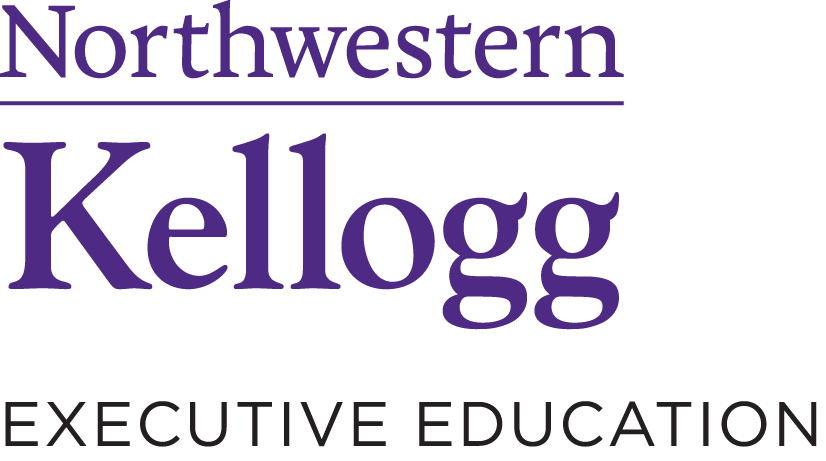- Behaviour
Moral Benefit of ‘Bringing Self to Work’
How bringing your whole self to work inspires ethical behaviour
Being your whole self at work is often extolled as an important quality. It’s not about revealing your deepest secrets. It’s about the people you work with feeling like they authentically know who you are and what you are about.
New research, from Rima Touré-Tillery of Kellogg School of Business and Alysson Light of Philadelphia’s University of the Sciences, shows that encouraging people to bring their personal selves to work encourages moral behaviour and ethical decisions in the workplace.
…………………………………………………………………………………………………………..
Join Kellogg Business School’s Energizing People for Performance: A strategic approach to empowering people
Dates: April 14-17; and November 10-13 │ Format: In-class study
Location: Evanston, IL
…………………………………………………………………………………………………………..
People have different ‘selves’: the same person might be a politician, a grandparent, and an avid golfer, for example. This research shows that if you believe that how you act in one self reflects who you are in all your selves – for example, being a ruthless politician makes you a ruthless person as a whole – you are less likely to commit unethical acts.
How people think of themselves is referred to as their ‘self-concept’. I am a good person, I am a good listener, I am impatient – these perceptions about themselves contribute to self-concept.
People are complex human beings, however, and the self-concept may differ depending on their social roles (e.g. being a politician), interpersonal relationships (e.g. being a grandparent), activity (e.g. being an avid golfer) and goals (e.g. wanting to master multiple languages). Thus, a person might think of themselves as a calculating politician, but a loving and caring grandparent. A person might be an impatient, aggressive golfer, but a patient, studious learner of languages.
Social roles, interpersonal relationships, activity and goals are examples of what psychologists call self-aspects.
Some people are more complex than others because they have a greater number of self-aspects. This complexity is compounded if people compartmentalize their self-perception based on their different selves.
In psychologists’ terms, people who compartmentalize their self-perception based on their different self-aspects – the cold and calculating politician who sees herself as a caring person in other circumstances – are exhibiting low self-overlap. People who believes that their personal traits reflects who they are as a person no matter the context – “I’m a caring and nurturing person, whether as a politician, a grandmother or a golf partner” – are exhibiting high self-overlap.
Rima Touré-Tillery and Alysson Light’s research reveals that high self-overlap leads to more moral behaviour. People who compartmentalize their different selves, the research shows, are more likely to engage in immoral and unethical acts.
The major reason, the research shows, involves the belief that your actions reflect your self-perception about whom you are as a person. Some people might believe that they can be ruthless politicians and still be kind and caring people; others don’t. They believe that actions reflect their personal attributes no matter what ‘self’ is in play.
And since most people want to act morally and avoid immoral or unethical actions, those who do not compartmentalize their different selves act morally in all contexts.
The research demonstrates that, as a rule, if you don’t compartmentalize your different selves – if you believe that being a ruthless politician impacts you are as a person across the board – you are more likely to behave morally in all situations.
Most progressive business leaders are aware that knowledge and experiences outside the workplace can contribute to an employee’s work success, that the right work/life balance contributes to their happiness at work, and that personal motivations for meaning and purpose can influence their engagement. In short, the less separation between the work and personal selves of your employees, the more successful they are likely to be.
This new research offers further evidence of the power of initiatives that increase the overlap between employees’ work selves and home selves. By instituting family-friendly benefits, such as flexible working, on-site day-care or casual-clothes-Fridays, employers are not only improving the happiness and engagement of their employees, they are encouraging moral and ethical behaviour at work too.
Access the research paper: No Self to Spare: How the Cognitive Structure of the Self Influences Moral Behavior. Maferima Touré-Tillery & Alysson E. Light. Organizational Behavior and Human Decision Processes (July 2018).
The Kellogg School of Management at Northwestern University is recognized globally as a pioneer in general management education that offers innovative academic opportunities for today’s leading thinkers
ARTICLES YOU MIGHT LIKE
BOOK REVIEW
An authoritative antidote to executive stress, overwhelm, and burnout
DEVELOPING LEADERS QUARTERLY MAGAZINE AND WEEKLY BRIEFING EMAILS


































